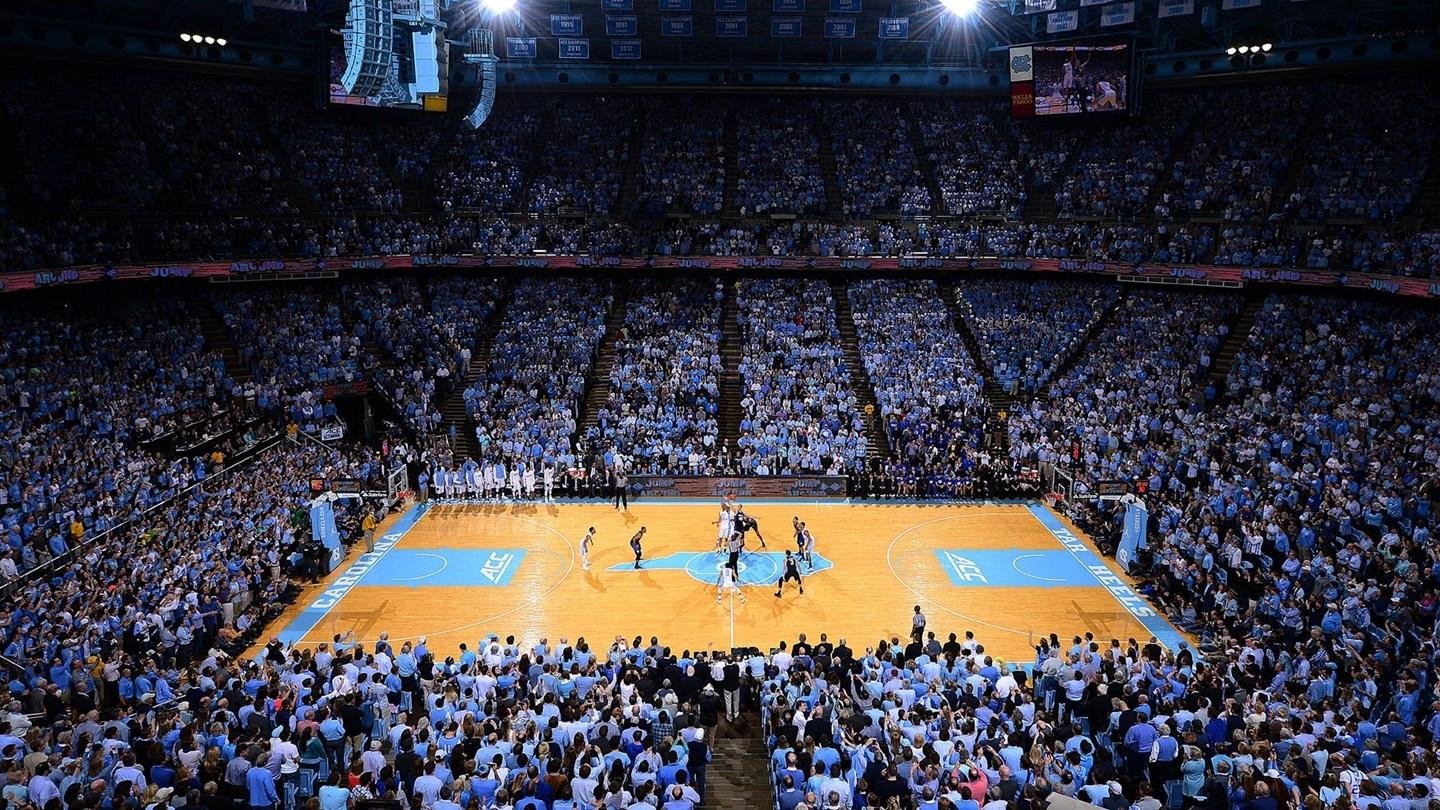
My Story
I began coaching at 16, and when it became clear I wouldn’t achieve my dream of playing international rugby, I threw myself fully into coaching. Inspired by the number of top rugby coaches who had a background in teaching, I completed a teaching qualification in English Literature after earning my Politics degree.
A curious traveller at heart, I moved to Kenya soon after, becoming Director of Sport at an international school while also coaching the Kenya Rugby Sevens team — an experience that shaped much of my coaching philosophy today.
A coach from 16…
Sport has been central in my life for as long as I can remember.
Raised in a sport-mad family with a Royal Marine cricketer and hockey player for a father, and a mother who earned representative honors in athletics and lacrosse- I grew up playing everything I could- assembling the local kids for a competitive match or playing the part of both teams on my own in the garden.
An International Coach at 23…
At 23, I became an international coach with the Kenya Rugby Sevens team- a rare opportunity to work with some of the world’s top players in the mornings, while honing my teaching craft at school in the afternoons.
Four years later, I stepped into my first head coach role at the age of 27, just eight weeks out from a Rugby World Cup. Like many assistant coaches, I’d long aspired to be the one in charge and assumed, aside from selecting the team and making the final calls, it wouldn’t feel that different.
I found out immediately how wrong I was.
Day one, I was facing a player strike over unpaid salaries, juggling media duties, representing the union, fielding calls from players, staff, and sponsors, all while trying to get my bearings in a role I was barely prepared for.
I was in way over my head.
For someone who’d never cared much for social media, suddenly my name was everywhere- on the radio, in the press, across platforms- and often not in a positive light as a foreigner replacing a local head coach.
I leaned on mentors, but what I really needed was someone to help guide me through it step by step. Someone who could help me clarify priorities, structure my time, and navigate the constant pull between leading staff and players while managing the demands from above.
It was a baptism by fire- a steep, unforgiving learning curve.
It is an experience that is etched in my mind and is a core reason I feel so passionate about working with head coaches now.
While my own experience may have been particularly intense, the truth is universal- head coaching is hard. It’s high-pressure, often isolating, and relentlessly demanding. New challenges surface constantly, and the expectations never cease.
During this time, I also began informally mentoring other head coaches, supporting them in their own pursuit of excellence. That work naturally evolved into a structured framework- a way of helping coaches reflect, grow, and improve in the areas that matter most.
One of the most powerful insights I gained was the value of cross-sport exposure. Having someone from outside your own environment- and even your own sport- can offer fresh perspectives, challenge the status quo, and unlock new thinking that internal voices often miss.
A naturally curious learner during my rugby career, I’ve since had the opportunity to immerse myself in high-performance environments around the world.
To date, I’ve spent time with over 85 elite teams- from swimming to cricket, baseball to soccer, and almost everything in between. That exposure has allowed me to learn directly from some of the most accomplished head coaches across sport.
Many of those relationships continue today, giving me a unique ability to stay sharp, test ideas, and bring proven, battle-tested strategies to the coaches I work with.
Coaching Through an Alternate Lens
After five years in Kenya, I went on to coach in both Asia and the USA- experiences that broadened my perspective on leading in different cultures, languages, and in both the men’s and women’s game.
With further head coaching stints, I had the chance to apply hard-won lessons from earlier experiences. I gained a deeper understanding of the complexities of different organizations- from ownership structures to multi-disciplinary staff teams- while continuing to refine my own craft and leadership style.
I’m ready for a call.





